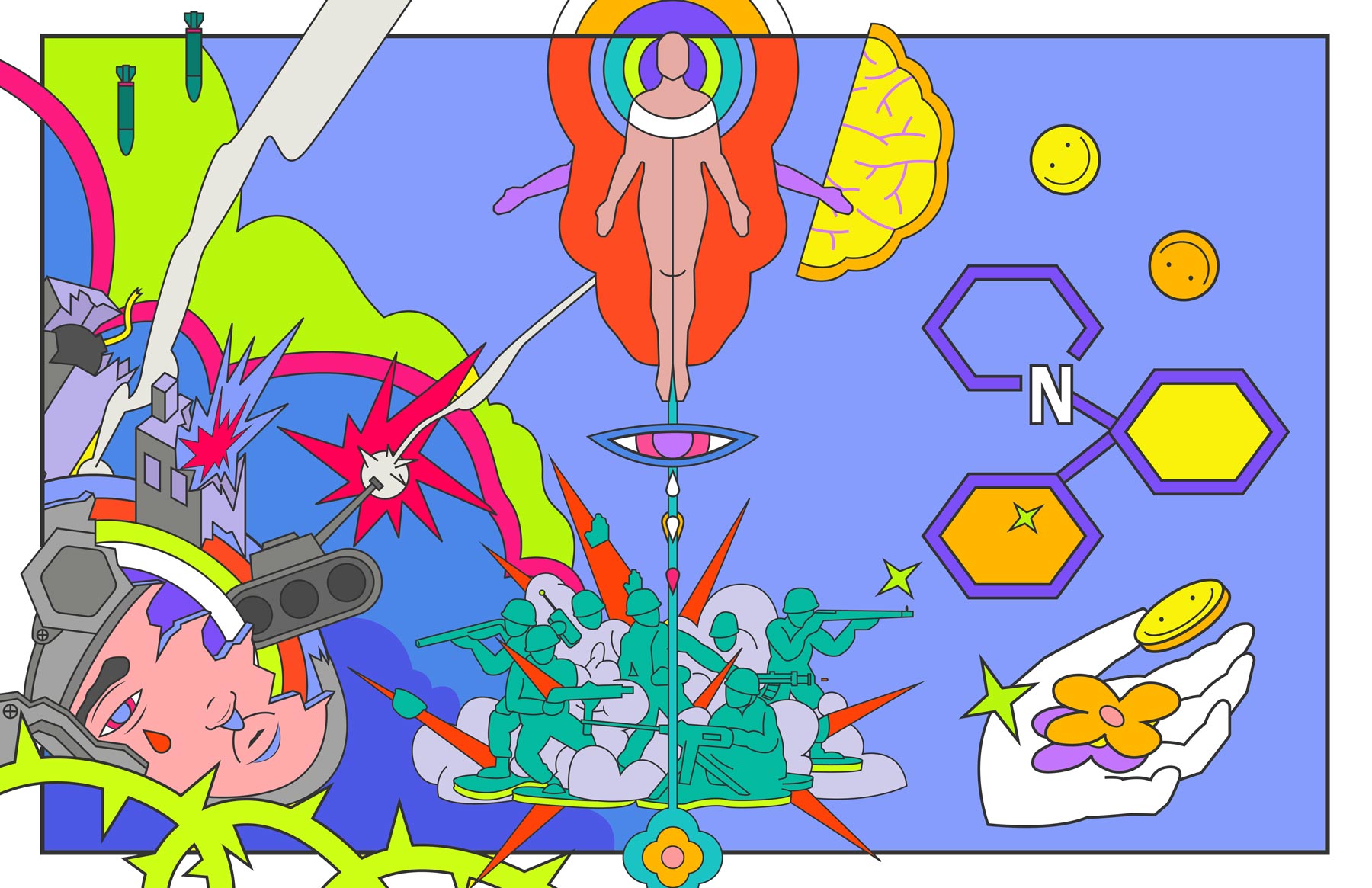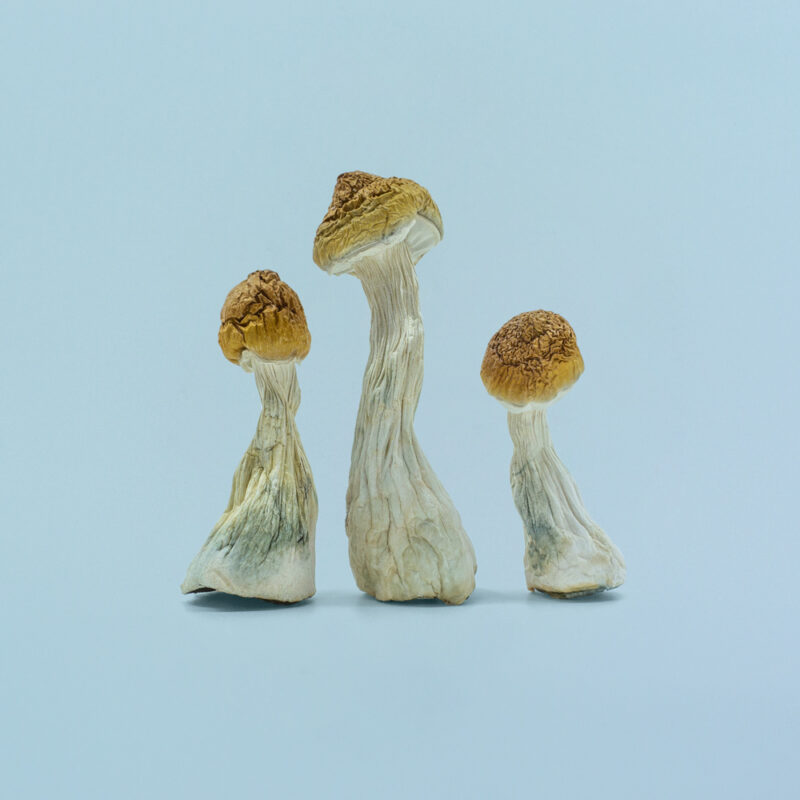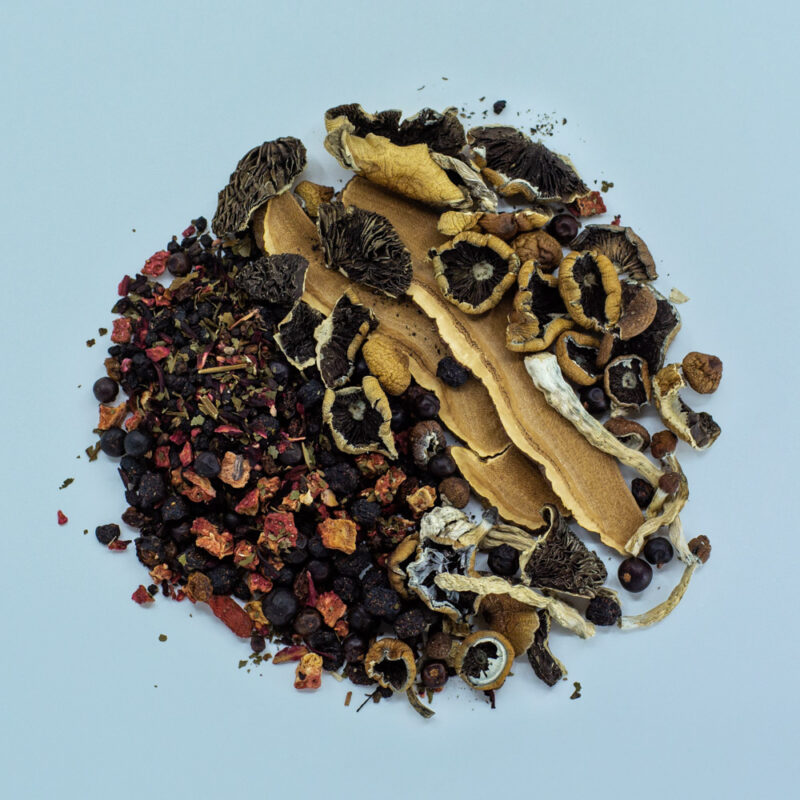Psychedelics for PTSD: A Path to Peace?

The Unseen Wounds of War
The relentless march of war leaves not only physical scars but also deep, invisible wounds on the psyche that remain unseen and untreated. This article explores the promising and purported benefits of using psychedelics for PTSD, an innovative approach that has demonstrated significant therapeutic potential. Many soldiers, as they attempt to reintegrate into society, find themselves trapped in a labyrinth of trauma, emerging as mere shells of their former selves, grappling with depression, substance abuse, and a profound sense of disconnection. Amidst this bleak landscape, a groundbreaking approach offers a glimmer of hope—psychedelic therapy, a beacon of light in the shadow of war’s mental aftermath. But are psychedelics for PTSD a path to peace, or a tool for war?
For many soldiers, the psychological aftermath often manifests itself as Post-Traumatic Stress Disorder (PTSD), a condition that traditional medicine struggles to heal. Enter the realm of psychedelic therapy – an innovative approach that’s reshaping the way we address the invisible wounds of war.
In Ukraine, amidst the largest European conflict in decades, a groundbreaking therapy is offering hope where conventional treatments have faltered. “A new therapy for Ukraine’s scarred soldiers: ketamine” – a recent article from The Economist presents an eye-opening narrative of this transformative treatment.
The story of Ihor Kholodilo, a military psychologist and medic, illustrates the profound impact of this therapy. Surviving a near-fatal attack, Kholodilo’s physical injuries were just the tip of the iceberg. His struggle with speech impediments, a residual effect of his trauma, found no relief in traditional therapies. That is, until he met Vladislav Matrenitsky, a pioneer in psychedelic-assisted psychotherapy, who introduced him to ketamine therapy.
The results were nothing short of miraculous. A few sessions under the influence of this sedative, and Kholodilo’s speech difficulties nearly vanished, along with his nightmares and pervasive fears. Ketamine therapy, though challenging, helped him confront and resolve his deep-seated trauma, bringing him back to life – a life he describes as feeling “light, just blessed.”
Exploring Beyond Ketamine: MDMA and Psilocybin in PTSD Treatment
In the heart of this burgeoning field, recent studies have illuminated the potential of other psychedelics like MDMA and psilocybin in healing the deep-seated psychological wounds of PTSD. A landmark study in the “Journal of Psychopharmacology” revealed MDMA-assisted psychotherapy’s capacity to significantly alleviate PTSD symptoms, offering new hope to those who have found little relief in conventional treatments. This is complemented by the pioneering work of the Multidisciplinary Association for Psychedelic Studies (MAPS), whose 2021 pilot study demonstrated that two-thirds of participants were PTSD-free after MDMA-assisted therapy, marking a potential paradigm shift in mental health treatment.
Moreover, the promise of psychedelics extends beyond MDMA. Research from Johns Hopkins University has cast a spotlight on psilocybin, the psychoactive compound in magic mushrooms, showcasing its effectiveness in reducing symptoms of depression and anxiety in PTSD sufferers. These studies collectively represent a growing consensus within the scientific community about the transformative potential of psychedelic therapy in addressing the intricate tapestry of trauma, especially among veterans and soldiers.

Ethical Considerations and the Future of Psychedelic Therapy
As we incorporate these findings into our understanding of psychedelic therapy’s role in treating PTSD, it becomes evident that we are witnessing the dawn of a new era in mental health treatment.
In Ukraine, where ketamine has been a legal treatment for mental illness since 2017, the utilization of psychedelics for treating anxiety and depression is not a novel concept. Tracing back to the 1950s and 60s in America, psychedelic therapy enjoyed a period of interest before political and societal shifts relegated it to the fringes of medical science. However, recent years have witnessed a renaissance of these treatments, with Ukraine at the forefront of their application in a military context.
Dr. Matrenitsky, operating the only clinic in Ukraine offering ketamine therapy, reports treating nearly 300 patients with conditions ranging from treatment-resistant depression to PTSD and anxiety. Notably, an increasing number of these patients are soldiers seeking treatment privately.
The sessions, typically lasting 40 minutes and costing about a hundred dollars, involve administering ketamine by drip at a dose of 0.5 mg per kilo of body weight. A psychotherapist guides the patient through the experience, transforming memories into a metaphoric journey that discharges emotional pressure. About two-thirds of patients receiving ketamine experience significant improvements, a testament to the therapy’s efficacy.
However, the article also delves into a controversial aspect – the suggestion by some, including Mr. Kholodilo, that psychedelics like ketamine could be used to enhance soldiers’ combat performance. This proposition raises ethical concerns, veering away from the primary goal of healing and towards potentially intensifying war and conflict.
As the debate continues, it’s clear that the story of Ukraine’s scarred soldiers and their encounter with psychedelic therapy is just beginning. The potential of these treatments to heal deep psychological wounds opens a promising new chapter in the annals of medicine, one that must be navigated with caution and a focus on healing and peace, not war–whenever possible.
Conclusion: A Hopeful Horizon
In conclusion, as we embrace the new dawn of psychedelic therapy for PTSD, we stand at the crossroads of medicine, ethics, and the human experience of war. The journey of Ukraine’s soldiers, illuminated in The Economist, underscores the transformative potential of psychedelic therapy. It’s a narrative that extends beyond the borders of Ukraine, resonating with anyone who has faced the shadows of trauma.
As we delve deeper into the realm of psychedelic therapy, we’re confronted with profound moral questions. The suggestion of using psychoactive drugs like ketamine to enhance soldiers’ combat performance raises significant ethical concerns. While the Ukrainian armed forces’ decentralized structure has led to some experimentation in this area, we must tread carefully. The primary aim of psychedelic therapy should be healing and restoration, not augmenting the ability to wage war.
The miraculous recovery of soldiers like Ihor Kholodilo through ketamine therapy should be viewed as a testament to its potential in healing the mind and soul, not as a tool for prolonging conflict. Psychedelics should be used to end wars, not to enhance the soldiers’ ability to fight them. As we venture forward, our focus must remain on harnessing the power of these therapies to foster peace, reconciliation, and healing. The future of psychedelic therapy, especially in the context of military medicine, should be guided by these principles of healing and peace, ensuring that its use aligns with the higher goal of ending suffering and conflict.
The story of psychedelic therapy in treating PTSD is a beacon of hope. It opens up a hopeful horizon where the unseen wounds of war can be healed, not just in Ukraine but across the world. As we move forward, let’s commit to using this powerful tool responsibly, always with an eye towards creating a world where the traumas of war become distant memories, and peace and healing reign supreme.
Struggling with PTSD and curious about how psychedelic therapy could help? Drop us a message through our contact form and let’s chat about how our products can support your healing journey.

Footnotes:
- “A new therapy for Ukraine’s scarred soldiers: ketamine.” The Economist. Jan 15th 2024.
- Wolfgang, A. S., & Hoge, C. W. (2023). “Psychedelic-Assisted Therapy in Military and Veterans Healthcare Systems: Clinical, Legal, and Implementation Considerations.” PubMed.
- Simkins, J. (2018). “Psychedelic drug provides relief for veterans with PTSD.” Military Times.
- Yehuda, R., et al. “PTSD in Veterans: Assessing the Potential of Psychedelic-Assisted Therapy.” Mount Sinai Reports.
- Feduccia, A., Mithoefer, M. “MDMA-assisted psychotherapy for PTSD: Are memory reconsolidation and fear extinction underlying mechanisms?” Journal of Psychopharmacology, 2020.
- “3,4-Methylenedioxymethamphetamine-Assisted Psychotherapy for Posttraumatic Stress Disorder: A Pilot Study.” Multidisciplinary Association for Psychedelic Studies (MAPS), 2021.
- “Psilocybin with psychological support for treatment-resistant depression: six-month follow-up.” Psychopharmacology, Johns Hopkins University, 2021.








